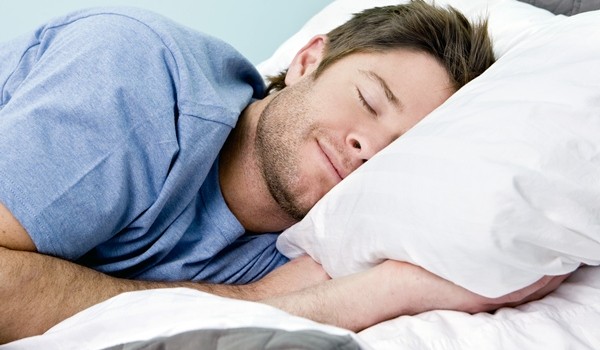“At any given time, one in five people feel unusually tired, and one in 10 have prolonged fatigue.” (Royal College of Psychiatrists).
Feeling fatigued is common and one in three Britons suffer from poor sleep. Having a good night’s sleep really can make a big difference to how you function.
Not getting enough sleep, feeling stressed and having a poor diet can all lead to tiredness. Did you know lack of sleep can make you more prone to medical conditions such as diabetes, heart disease and obesity?
If you wake up feeling tired and throughout the day you are craving for a nap, it is likely you are not getting enough sleep. Most of us need around eight hours sleep a night to work well the following day.
So what can you do to help beat tiredness and sleep well? Helen Knight, respiratory physiology co-ordinator at Heartlands Hospital, says: “This sounds obvious but getting a good night’s sleep is one way of overcoming tiredness. Going to sleep and getting up at the same time every day will help you sleep better.
“Exercising regularly will help you feel less tired and give you more energy. A 15-minute walk every day can give you an energy boost and the benefits of exercising frequently will increase.
“Another way of boosting your energy levels is to eat regularly. Try to eat regular meals and healthy snacks rather than having a large meal. A healthy and balanced diet will help combat fatigue.
“Stress takes up a lot of energy. Start introducing relaxing activities into your day. You could go to gym, listen to music or read a book to help relieve stress.
“Avoid having caffeine in the evenings. Caffeine interferes with the process of falling asleep and it prevents deep sleep. Instead have a warm, milky drink or herbal tea.
“Before you go to sleep, have a warm bath and then do some gentle yoga to help relax the mind and body. Make sure your bed is comfortable to sleep on and keep your bedroom as quiet and dark as possible. Temperature, lighting and noise should be controlled so that the bedroom environment helps you to fall and stay asleep easily.”
The Sleep Clinic at Heartlands Hospital is one of the largest and most comprehensive in the United Kingdom. The clinic sees around 1,500 patients a year who are suffering with sleep disorders. These include sleep apnoea, insomnia and narcolepsy. Patients can be referred to our sleep services by their GP or their hospital specialist.
All patients are seen by a consultant, a senior trainee working under close supervision, or a senior clinical physiologist. The clinic also run an active research programme to improve the well-being of all those with sleep problems.







